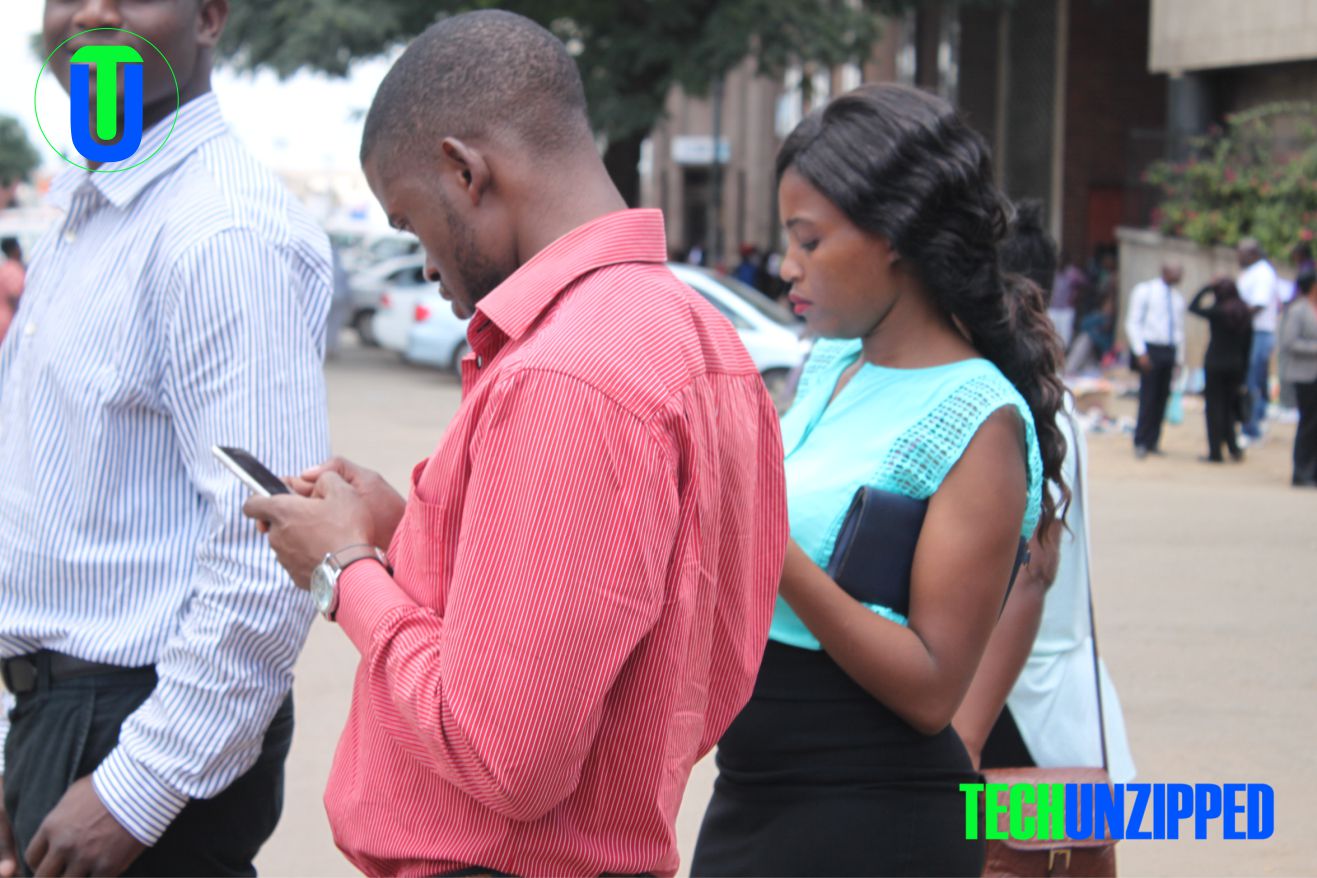WhatsApp is obviously the most popular messaging app. This app is freeware, cross-platform messaging and Voice over IP service owned by Facebook. With over 1.5 billion monthly active users, WhatsApp is the most popular mobile messenger app worldwide.
With a platform that mirrors regular text messaging in its ease of use, WhatsApp’s appeal as a one-stop-shop for personal and group chats as well as sharing media files through a lite interface has been a major hit on the continent. Take Zimbabwe, for example, WhatsApp accounted for around half of all internet data in the southern African country in 2017.
According to a report by Yomi Kazeem for Quartz, these knock-off versions are not available on the app store. People download these “mods” from unofficial sources, or share them offline from device to device.
Kazeem noted that these alternative versions, such as GBWhatsApp and YoWhatsApp, are even more popular than Facebook and Messenger.
These unofficial WhatsApp usually offer a lot of features that the original version doesn’t offer. For example, GBWhatsApp allows you to view users’ status even if the poster deletes them. This sort of feature is “crazy” because it makes the “delete” feature useless. In some parts of Africa, these unofficial apps are brutally popular and are used more than the official version.
From privacy-focused tweaks that allow users to hide their online status, to customization options that allow users to change the look of the app and useful tweaks such as sending large files and seeing deleted texts.
While the issue of the safety of these apps in terms of data privacy is raised, WhatsApp’s slow-paced innovation cycle does not help the situation.


